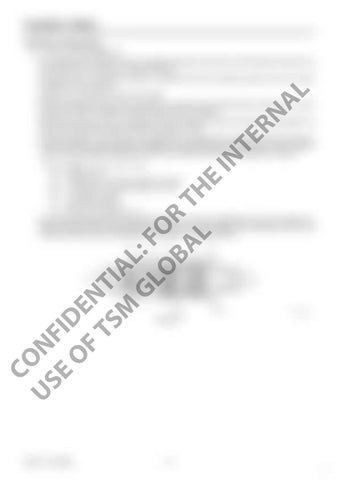Cushion Valve Operation Explanation
AL
A → B: Flow control (Diagram 2) • The pressurized oil fed from the A port passes through the orifice (2) and through the side hole of the plunger (6), and drains out through the B port. • At this time, the [1] chamber pressure is greater than the [2] chamber pressure due to the path resistance of the orifice (2). • Therefore, the plunger (6) moves to the right.
TE RN
• When the plunger (6) moves to the right, the (I) section closes and becomes a blind circuit, so the pressures of the [1] chamber and [2] chamber become the same. • When the pressures of the [1] chamber and the [2] chamber become the same, the plunger (6) is returned to the neutral position through the spring (1) force.
E
CO US N F E ID O E F N TS TI M AL GL : F O OR BA T L H
FS = FA - FB(FA = P1 x a > P2 x b = FB) FS: Spring (1) force FA: Pressing force moving the plunger to the right FB: Pressing force moving the plunger to the left P1: [1] chamber pressure P2: [2] chamber pressure a, b: Plunger outer diameter (a = b)
IN
• Through repetition of this process, the plunger (6) is balanced at a position where the spring (1) force and orifice (2) path resistance indicated in the following formula are balanced. (The (I) section closes if the flow passing through the orifice (2) increases and the path resistance increases.)
• Accordingly, the pressurized oil passing through the orifice (2), regardless of the A port pressure, is kept at a required flow for producing path resistance to create balance with the spring (1) force, and the flow from the A port to the B port is controlled at a constant volume.
Diagram 2
ASM-17-27-002EN
245 2



















